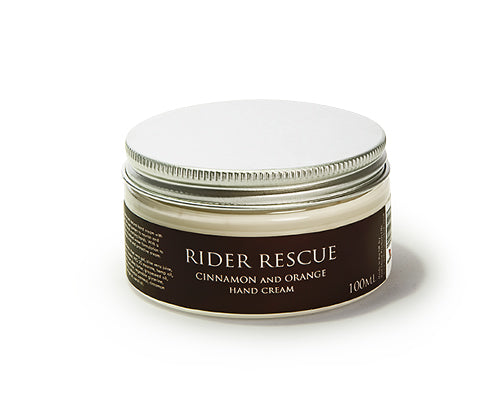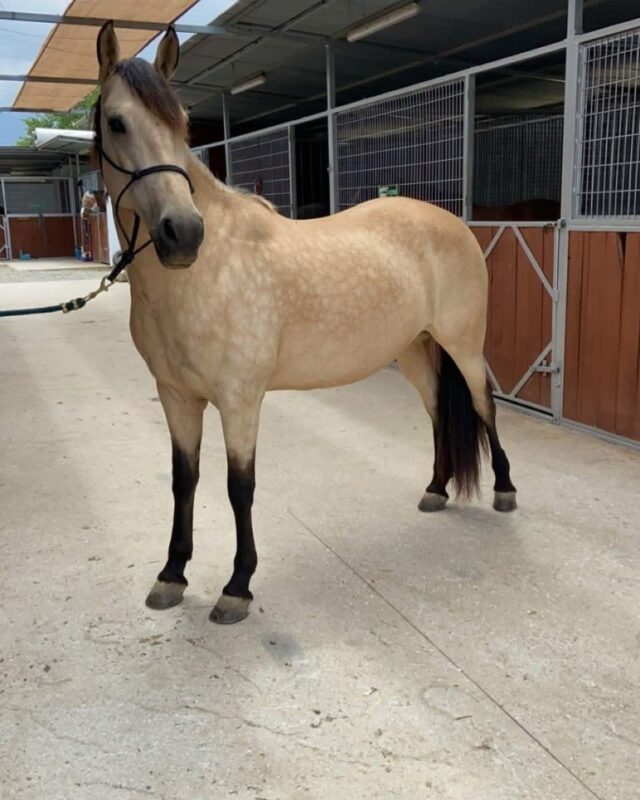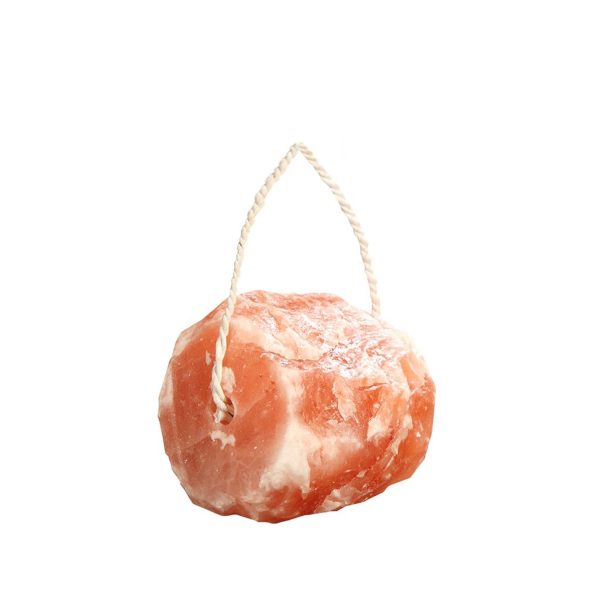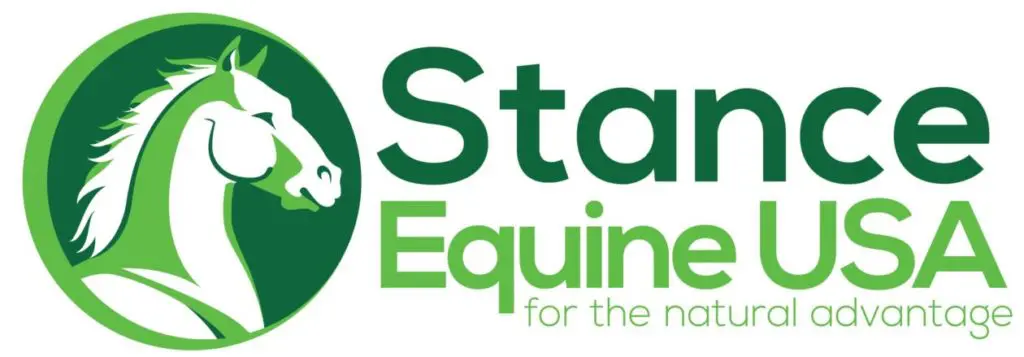Popular now
Let’s Talk About Salt!
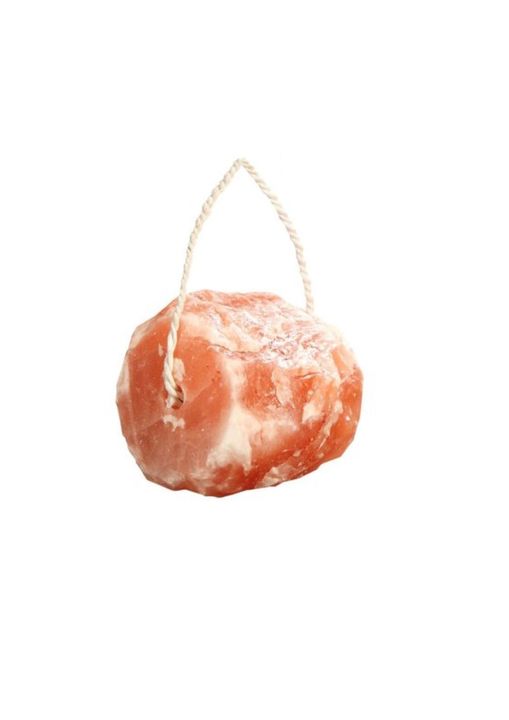
Let’s talk about Salt 
My horse’s feed has salt in it, so he doesn’t need any more. ![]()
My horse isn’t working so he won’t need salt as he’s not sweating. ![]()
My horse just plays with a salt lick and it disappears too fast.![]()
These are all things I have heard in the last few weeks from horse owners. Now that the weather is getting hotter, we need to be mindful of the electrolytes our horses need, let’s explore some facts about salt. ![]()
All horses require salt in their diet, specifically sodium chloride (table salt). Per the National Research Council, the average 500kg horse at rest needs 25 grams of sodium chloride per day. Horses in moderate work require approximately 55-65 grams of sodium chloride per day, and horses with heavy or demanding workloads could potentially require up to 200 grams per day! Horses will get some sodium chloride from their feed and supplements, so be sure to check the nutritional content on the labels to determine how much additional salt your horse may need. Most horses are good at regulating their salt intake and will only consume what their body tells them they need; however, some horses will over consume out of boredom. ![]()
-
Himalayan Salt Lick
€7.25
Importance of Sodium
Sodium is one of the main electrolytes found in your horse’s body and is important for fluid balance and hydration. Sodium levels influence your horse’s drinking. If sodium levels are low, the body will strive to keep from flushing away the sodium and signal the horse to avoid drinking. ![]()
Conversely, providing adequate amounts of sodium during times of need, such as during high performance, hot summer or cold winter months, can stimulate the horse to drink more. When a horse sweats, he loses sodium and other electrolytes that will need to be replenished. It also works in conjunction with chloride to manage muscle and nerve functions, and reactions. Inadequate salt intake can also result in abnormal eating or licking habits, such as eating dirt, to get the nutrients his body is telling him he needs. ![]()
Himalayan salt is considered to be one of the purest salts available; it is not heavily processed like table salt, so it leaves the natural minerals intact. It tends to be weather resistant and will hold up if left exposed in a wet environment, which makes it ideal for pasture use. Some horses definitely prefer the taste of the Himalayan salt, so if your horse turns his nose up at the other types of salt, give this a try! ![]()
![]()

